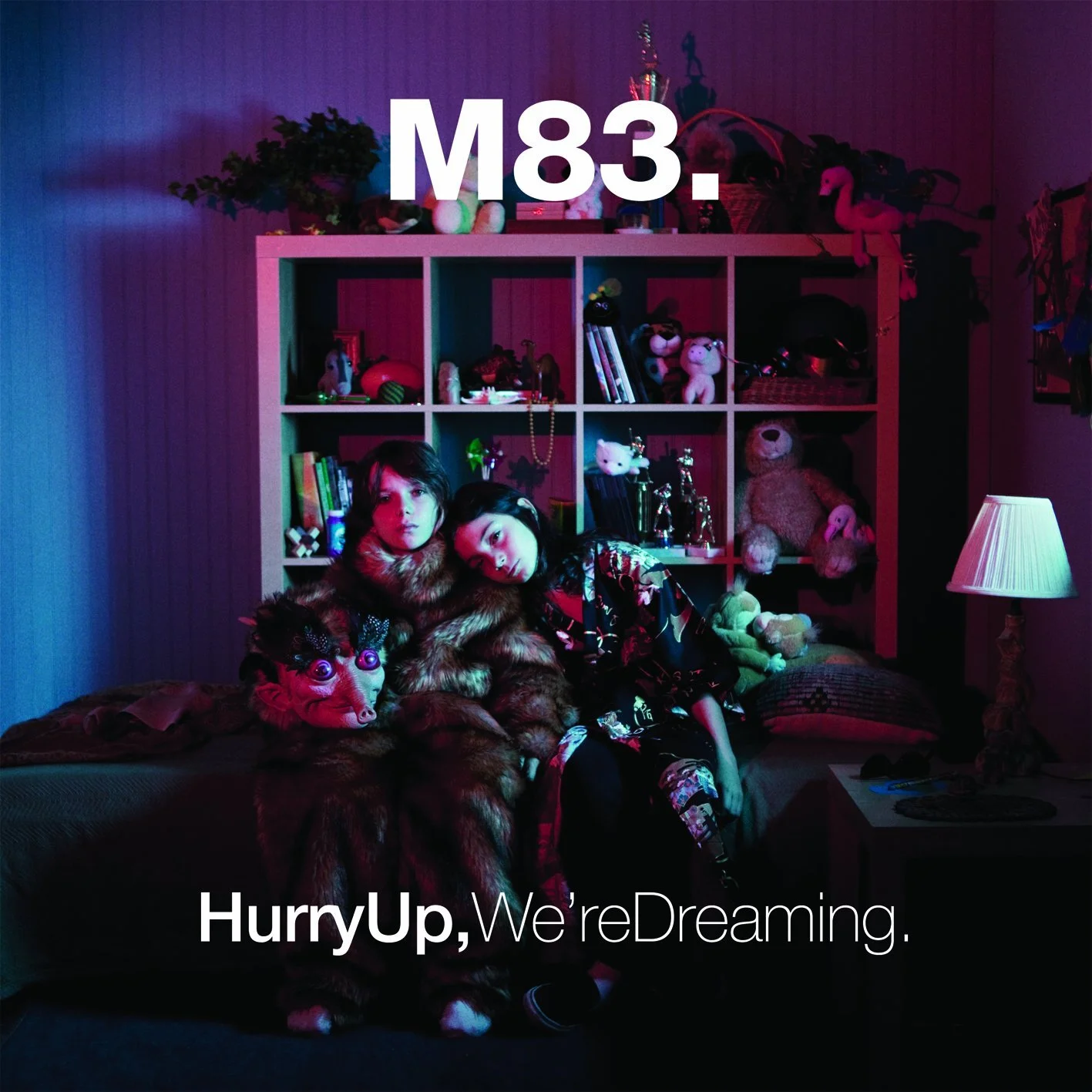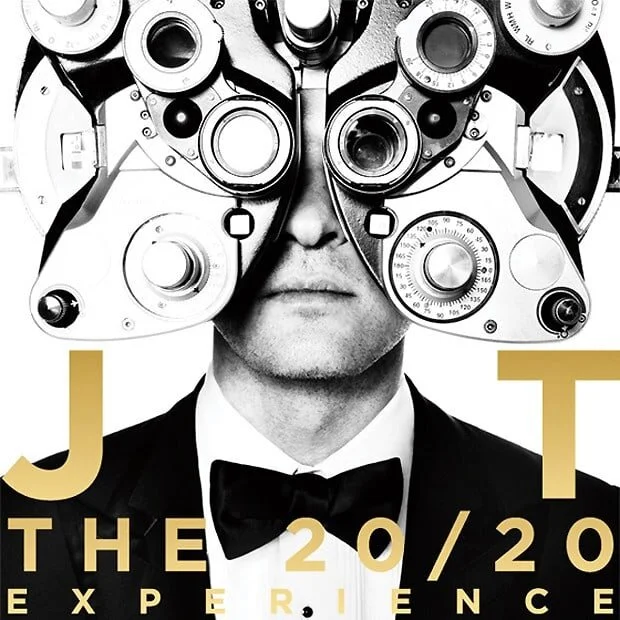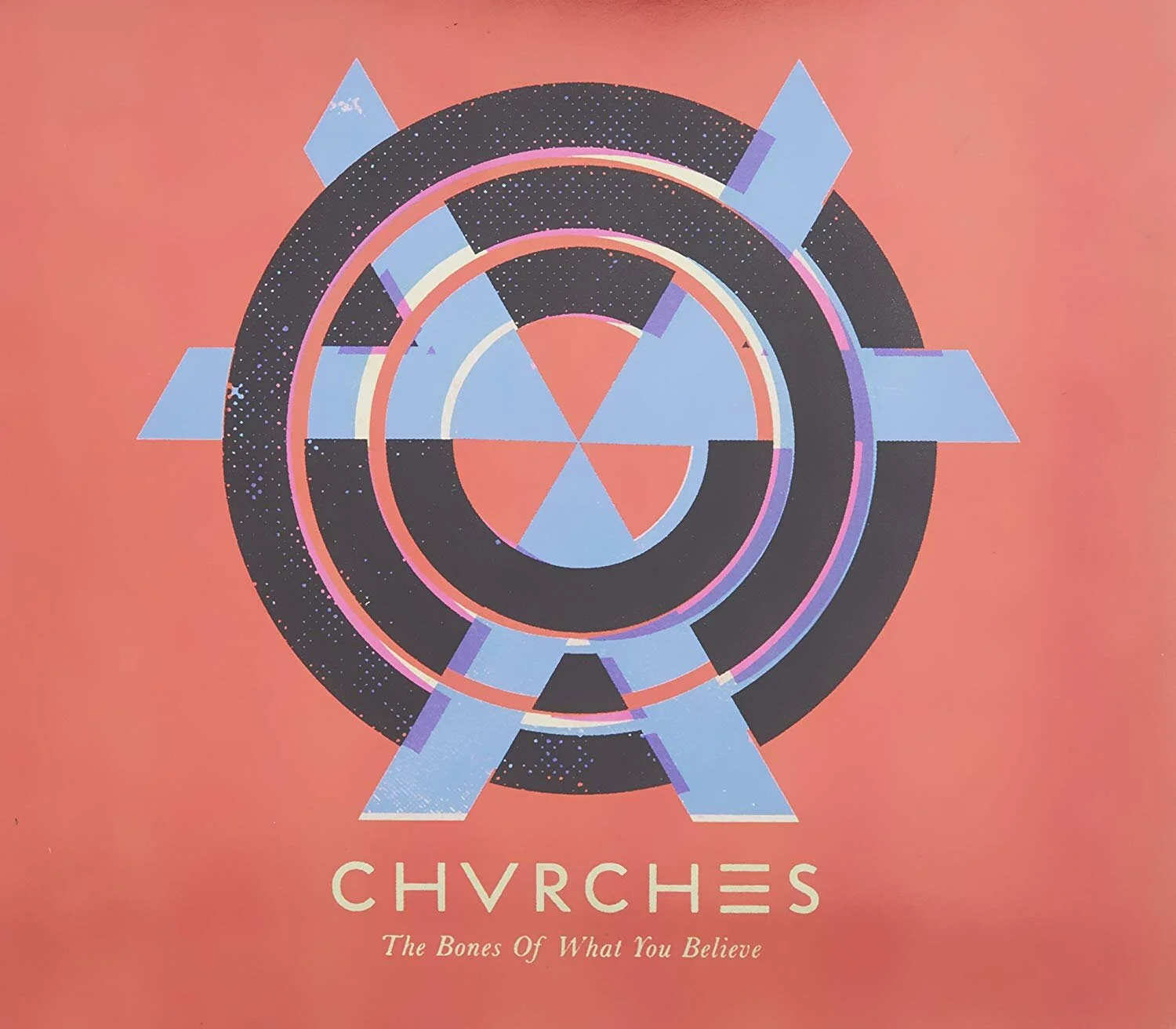“Kaputt” - Destroyer (Merge, 2011)
Opening lines are important. “Dearly beloved, we are gathered here today to get through this thing called life.” “The lazy way they turned your head, into a reststop for the dead.” A stanza that roars out of an album and tells you exactly what world you’re about to get lost in can be as vital as any magical chord change or rhythmic pulse. “Kaputt” didn’t open its parent album, but as the lead single and serving as the title track, the plush, decaying fantasies Dan Bejar waltzed through needed a proper introduction. And boy-howdy did he have one. “Wasting your days, chasing some girls/ Alright, chasing cocaine through the backrooms of the world.” A hazy misremembering of the ‘80s? A fond nod to lost, misused youth? An excuse to make indie radio play a song that lyrically matched Guns ‘N’ Roses? Probably all of them. And as the song elegantly shudders on, through keening sax solos and Bejar’s muttered come-ons, we’re left with those images etched in our minds forever.
“Keep it Coochie” - Cakes Da Killa (Mishka, 2013)
Cakes Da Killa’s The Eulogy was luxuriously raunchy and gloriously full of zero fucks, he unleashes bars-for-bars rap over a remarkable array of beats ranging from 90s club R&B to Detroit techno. “Keep It Coochie” was its highlight, all playful swagger; few rappers would be able to pull of Cakes’ unrelenting wordplay, flow and charisma.
Like Hard Core-era Lil Kim, Cakes’ sex positive and barbed lyrics take on a hyper-masculine rap scene that feels mired in the past. However, Lil Kim’s groundbreaking feminist take on sexuality is still unrelentingly heteronormative. As a queer man who is also a rapper, Cakes’ discussion of gender and sexuality was the next step. “Keep It Coochie” is delightfully salacious. It’s also an essential piece of hip hop history. - BN
“The Last Huzzah!” – Mr. Muthafuckin’ eXquire (Mishka, 2018)
The original “Huzzah” was a modest success, albeit received only by its very niche, very online, audience. Mr. Muthafuckin’ eXquire revived an obscure Necro song, toned down its syllable-cramming into a much lazier flow and gave it a new life as a grimy frat-rap track about drinking yourself to death -- pretty much the antithesis of Necro’s music. The remix, though, turned it into another thing entirely. The rapper assembled an odd combination of rappers from a unique, loose connected circle that operated outside of the mainstream rap conversation. Necro’s spooky boom-bap as well as the involvement of former Def Jux boss El-P gave that assembly the feel of an imaginary underground. The out-of-place performances of the first three rappers encouraged that thinking, too, with Despot spitting a mouthful of syllables like it’s New York circa 1999 and Das Racist’s drunken style composed strictly in hyperlinks. But listening to it at the end of the decade, “The Last Huzzah” is a puzzling time capsule for what once passed as a possible lane of underground rap. It’s an alternate reality where Mishka trumped Datpiff as a legit hub of mixtapes, “Combination Pizza Hut and Taco Bell” entered hip-hop canon and Run the Jewels never happened. Exquire tried to will some part of that dream into existence, and what a glorious failed experiment it was. - Ryo Miyauchi
“Lazarus” - David Byrne and St. Vincent (4AD, 2012)
David Byrne & St. Vincent, on paper, sounds like a dream collaboration, either for a single song or an album. The fact that they put out a full-length and it absolutely met what our expectations would be: even more thrilling. Tracks like "I Should Watch TV" and "Lazarus" have become essential songs for both artists' discographies, because horn blares, angled rhythm and steady bass guitars, and back-and-forth vocal swells remind us why we love each artist individually -- but love them even more together. - ES
“The Lord’s Favorite” - Iceage (Matador, 2014)
The defining work by the best rock band in the world today, Iceage’s “Lord’s Favorite” is a major achievement by any measure. It marked an important stylistic change for the Danish band, who, up to that point, had mostly been playing noisy, angular hardcore and cacophonous post-punk. On “The Lord’s Favorite,” they added enough country twang to be mistaken for another act entirely, and frontman Elias Rønnenfelt slathered his voice with so much Nick Cave and Jeffrey Lee Pierce, one might think he was auditioning for a psychobilly tribute album. The boys really stuck the landing on this one. - HM
“Luz de Piedra de Luna” - Javiera Mena (Meni, 2010)
Menadocumented Javiera Mena’s process of self-discovery, and “Luz de Piedra de Luna” is the album’s centerpiece and moment of clarity. The discotheque remains a place shrouded in mystery from the perspective of the Chilean pop icon. The music is also obscured with its influences only shared in flashes and vague gestures: you can sort of make out hints of Ibiza house and freestyle-esque bass, but it all blends into a unique, elusive synth-pop sound. When she finally finds her guiding light, “Luz de Piedra de Luna” explodes in feeling. She couldn’t make it more obvious than the chorus -- “aunque cuando bailo contigo/ no me preocupo mas,” she sings so straightly -- like the connection between her and the light of her life just suddenly clicked. The stars align in the beat, too, with every moving part from the rave pianos, crashing drums and primary-colored synths all coming to place. The experience is as electric as a fated encounter gets. - RM
“Midnight City” - M83 (Anticon, 2013)
Other acts have pulled off simple songs made up of only three or four chords before: "Free Fallin'" by Tom Petty never changes but we cycle that song through the bloodstream of classic rock radio dozens of times a day. "Midnight City" bests that all-time by being a rare kind of synth-pop miracle: an endless repetition of four goddamn notes across four goddamn minutes that feels like an epic emotional journey we're partaking on. There's dance beats, a screaming saxophone solo, synths on synths and synths, and, somehow against all odds, no chorus. Just those four notes reconfigured, repackaged, rejiggered, and refreshed in every possible iteration we could imagine. By the time Anthony Gonzalez gets to the part where he shouts back "The city is my church!", it feels like church is exactly where he's taking us. Can I get an amen? - ES
“Mirrors” – Justin Timberlake (RCA, 2013)
“Welcome to the church of JT.” This is more or less the message of “Mirrors,” which begins with an organ part that’s brilliant in the context of the song, even as it exemplifies the excess which characterizes The 20/20 Experience. The organ doesn’t stick around for long; after establishing a melodic motif, the song collapses into the vocal scat rhythms that we all know and love from 2006’s FutureSex/LoveSounds, a peak which Timberlake has yet to match. Sure, “Mirrors” is overlong by a minute or two – turns out, radio edits aren’t all bad – but if any song best represents the pop grandeur to which Timberlake aspired with the two-part 20/20 album, it’s this paean to love and commitment. - BE
“The Mother We Share” – CHVRCHES (Glassnote, 2012)
Should first singles be allowed to be this good? Even Carly Rae Jepsen one-upped “Call Me Maybe” with the superior “Run Away with Me,” and Billie Eilish topped “Ocean Eyes” with the ironic goth of “Bad Guy.” But with CHVRCHES? They were just that good to begin with. It doesn’t matter that the song perpetually evades meaning – what mother do we share? What omens? – or that its title suggests a rather different kind of electronic song, The Knife’s “We Share Our Mother’s Health.” The hook is that good, and CHVRCHES’ performance is that assured. Listening to “The Mother We Share” you can hear a brilliant pop song, and the anticipation of the huge stages that CHVRCHES would come to play by the decade’s end. - BE
“Never Catch Me” - Flying Lotus (Brainfeeder, 2014)
The last ten years have provided a number of brilliant, heartbreaking contemplations on death. Nick Cave and the Bad Seeds’ albums, Skeleton Tree and Ghosteen, focusing on his grief after the death of his son; Benji, Sun Kil Moon’s sweeping array of stories chronicling mortality and loss and Sufjan Stevens’ Carrie and Lowell, a profound meditation on the complicated death of his mother. What set Flying Lotus; You’re Dead! apart is that this loss is explored through an introspection of life and afterlife, an expansive - and at times even cheerful and delightfully weird- jaunt through mortality. There’s a thrilling, cosmic collectiveness in the fact that we all die. You’re Dead! explores this over several acts, exploring death, afterlife, and the after-afterlife. The fifth track, “Never Catch Me,”is the culmination of the first in which we (you) die. Featuring the Pulitzer Prize/Grammy/literally every other award-winning rapper, Kendrick Lamar, “Never Catch Me” is a beautiful, ethereal freefall into the process of death. The first discernible words heard on the album, Lamar’s unraveling is accompanied by a jazzy piano riff that is punctuated with frenetic drumming from Deantoni Parks and Thundercat’s anxious bass. Signaling his work with Thundercat and Flying Lotus as part of his 2015 album, To Pimp a Butterfly, Lamar handles the accelerated and free-flowing beat with ease as it flits from light keys to blurry synths. He tackles death head-on; he’s full of “curiosity, animosity, high philosophy” as the end grows immediately close. While it is his turn on Never Catch Me, it will eventually become yours too.









